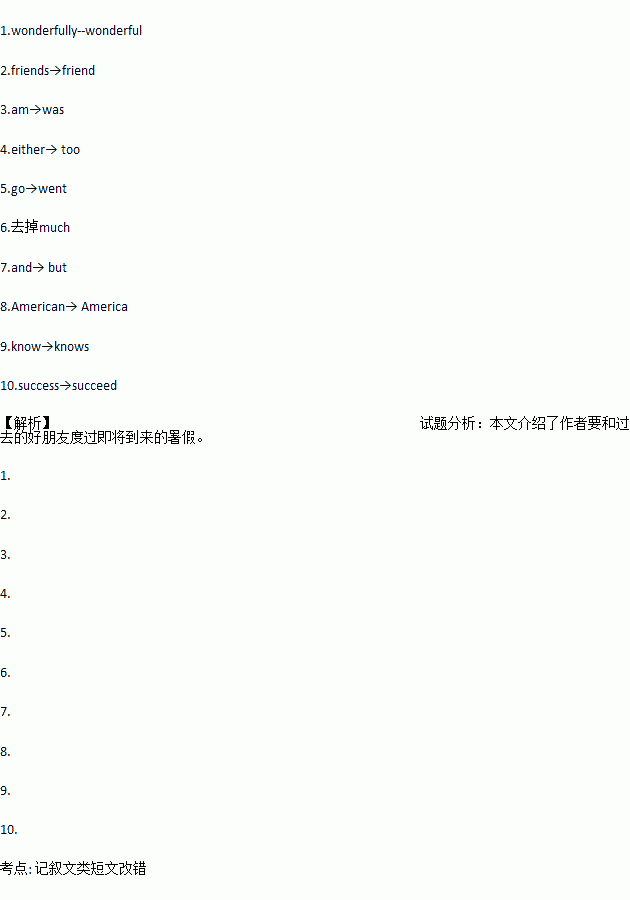The bike-sharing companies that are powering a transportation revolution in China’s urban centers are not like those in the rest of the world. Their bikes have no docking ports or assigned zones for parking. Instead, riders open their smartphone apps, hop on, and start riding. So easy!
In 2015, Ofo, China’s bike-share pioneer, launched its first fleet of bicycles in Beijing. The bikes’ bright yellow frames were soon met by the orange-rimmed(镶边), basket-equipped models launched by Mobike, Ofo’s main competitor today. In little over a year, the two companies have had a huge impact on revitalizing (重振) cycling in China, particularly among young people.
Ofo placed 1 million bicycles across 35 cities and registered 15 million users in its first years, while Mobike has now gained more than 10 million unique users and bicycles in 21 cities. Inspired by their success, at least 10 other companies have jumped into the market, launching their own app-powered, brightly colored bikes in quick succession. But Mobike and Ofo are far ahead of them.
The two industry leaders each take a different marketing method to a similar product. The Mobike app uses GPS to display bikes’ locations to users. They can use the map to reserve a bike and walk over to it. A scan of the bike’s QR code (二维码) unlocks the bike, and when users manually(手动地) lock the bike at the end of their trip, the app records the trip’s end and the bike will pop back up on the map as available. Equipped with this wireless technology, Mobikes cost between 1,000 and 3,000 yuan. Rides cost 1 yuan for an hour or a half hour, depending on whether a user chooses a “Lite” or regular bike, and the deposit (押金) required to the service is 299 yuan.
Ofo, meanwhile, is devoted not just to producing its own bikes, which have slim yellow bodies and cost about 250 yuan, but also to connecting existing bikes to its network----- a philosophy that begins with the practice of 2000 bikes offered to a campus bike-share program. The 2000 bikes were the first generation of Ofo. Yet the majority of the company’s bikes are currently ones that have been specially manufactured and fitted with their lock system. Unlike Mobike,Ofo bikes themselves are offline: their locations are tracked through users’ cell phones. Users find a free bike, enter the license plate number into their app, and receive the bike unlock code. When they have reached their destination, they end the ride on the app and manually lock the bike. Rides cost 1 yuan for an hour and the deposit is 99 yuan.
1.Which of the following statements is TRUE according to the passage?
A. The bike rides based on apps are available whenever you need.
B. The bike body in bright color only attracts young people to choose cycling.
C. Ofo knows their bikes’ location by scanning the bike’s QR code.
D. The bikes are locked automatically when the users reached their destination.
2.Which of the following is close to the meaning of the underlined word “succession ”in the 3rd paragraph?
A. successful experience. B. movement to action.
C. continuous process . D. production line.
3.How are Ofo bikes different from Mobikes?
① no need for online condition.
② without their own lock system.
③ not only to produce ofo bikes but also put existing ones to use.
④ to unlock the bike through app.
⑤ to lock the bike by QR code
A. ①②⑤ B. ②③④
C. ②④⑤ D. ①③④
4.What is the best title of the passage?
A. Bike-sharing business models: Mobike and Ofo.
B. A real transportation innovation(创新): app-powered bicycles.
C. The successful secret of two bike-sharing companies.
D. Cool experience of app-powered bicycles.
 开心练习课课练与单元检测系列答案
开心练习课课练与单元检测系列答案 开心试卷期末冲刺100分系列答案
开心试卷期末冲刺100分系列答案
